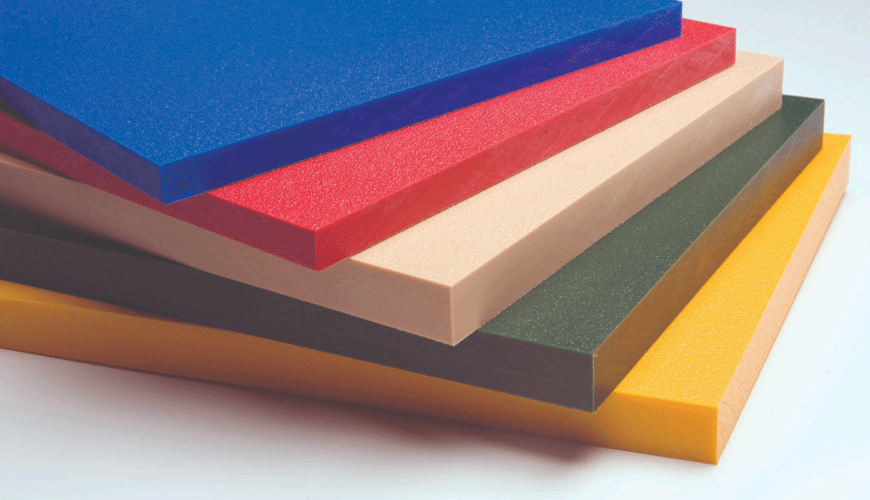

ISO 180 specifies a method for determining the impact strength or impact resistance of a plastic sample with an Izod test. Izod impact strength testing involves the use of a pendulum to break a test specimen supported in a console configuration.

In an Izod test, the impact energy absorbed upon impacting a plastic sample is taken as the difference between the potential energy of the pendulum and the energy remaining in the pendulum after striking the plastic sample. Adjustments must also be made to account for friction and air resistance losses to determine the true impact resistance of the plastic.
ISO 180 Standard Usable Materials
The standard is not normally suitable for use with solid cellular materials and sandwich structures containing cellular material. Notched samples are also not normally used for long fiber reinforced composites or thermotropic liquid crystal polymers.
The method is suitable for the use of samples that can be molded to selected dimensions, either machined from the middle part of the standard multi-purpose test sample or processed from finished or semi-finished products such as moulds, laminates.
The standard specifies the preferred dimensions for the test specimen. Testing on samples of different sizes or with different notches, or on samples prepared under different conditions, may yield non-comparable results. Other factors such as the energy capacity of the apparatus, the impact rate, and the conditioning of the samples can also affect the results. Consequently, when comparative data are required, these factors need to be carefully controlled and recorded.
Among the services provided by our organization within the framework of plastic testing services, there are also ISO 180 standard tests.
To get an appointment, to get more detailed information or to request an evaluation, you can ask us to fill in our form and reach you.